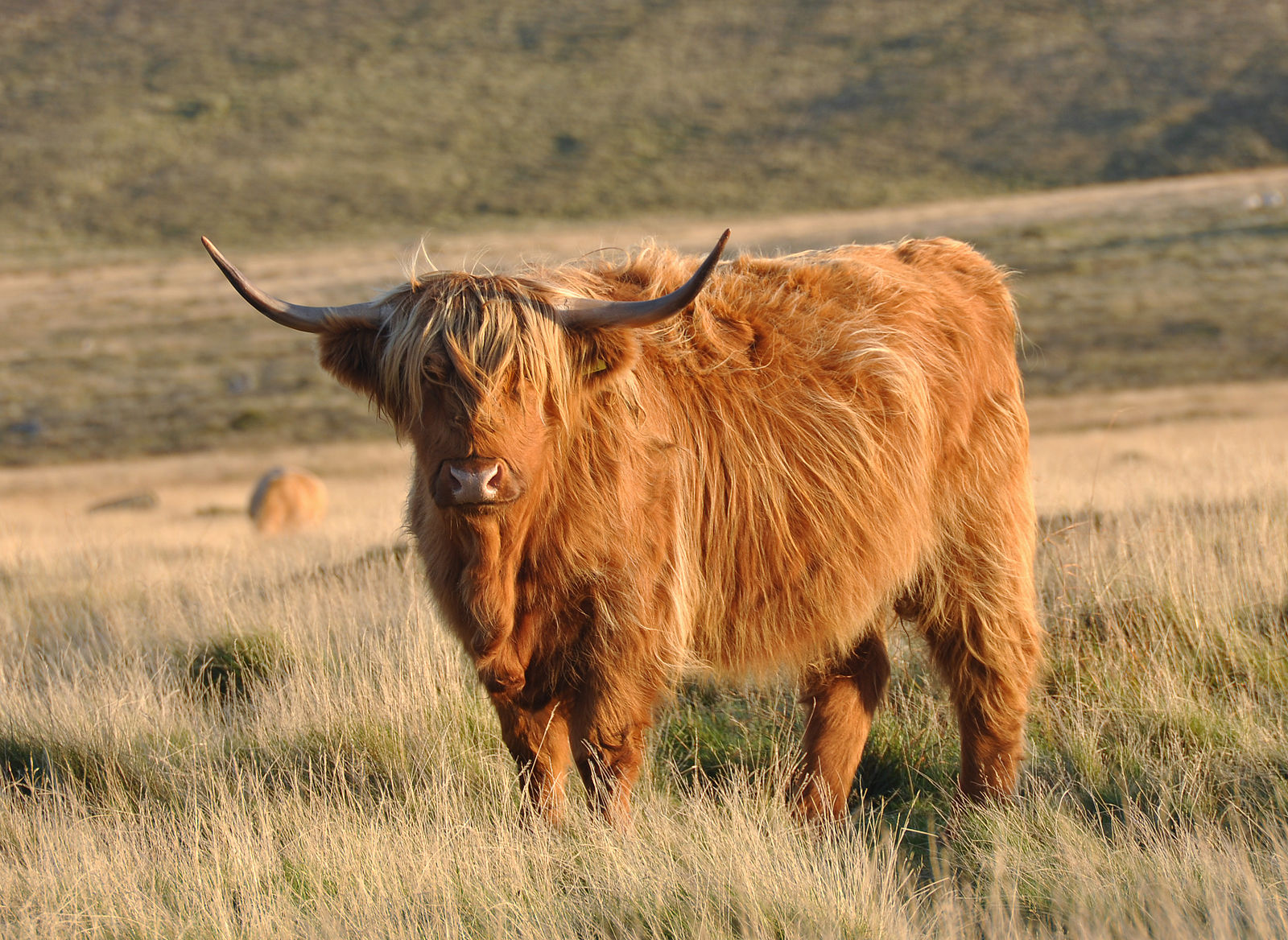
Writer and student of philosophy Rhys Southan provides some food for thought in his essay over at Aeon on the ethics of eating meat. The question is simple enough: would our world be better if humans ate only lab-grown meat or meat from humanely raised farm animals?
The answer may not be as simple or as black and white as you first thought. For instance, were we to move to 100 percent lab-grown beef, it is likely that there would be a far reduced need, if any, for real cattle. Thus, we’d be depriving an entire species from living and experiencing some degree of sentience and happiness. Or, if we were to retain some cows, but only in the wild, wouldn’t that be tantamount to torture for a domestic animal raised for millennia in domesticity? This might actually be worse than allowing cows to graze on humane farms for a good portion of their lives before being humanely killed — if there is such a thing — and readied for our plates.
From Aeon:
Three years ago, a televised taste test of a lab-grown burger proved it was possible to grow a tiny amount of edible meat in a lab. This flesh was never linked to any central nervous system, and so there was none of the pain, boredom and fear that usually plague animals unlucky enough to be born onto our farms. That particular burger coalesced in a substrate of foetal calf serum, but the goal is to develop an equally effective plant-based solution so that a relatively small amount of animal cells can serve as the initial foundation for glistening mounds of brainless flesh in vats – meat without the slaughter.
For many cultured-meat advocates, a major motive is the reduction of animal suffering. Vat meat avoids both the good and the bad of the mixed blessing that is sentient existence. Since the lives of animals who become our food are mostly a curse, producing mindless, unfeeling flesh to replace factory farming is an ethical (as well as literal) no-brainer.
A trickier question is whether the production of non-sentient flesh should replace what I will call ‘low-suffering animal farming’ – giving animals good lives while still raising them for food. Ideally, farmed animals would be spared the routine practices that cause severe pain: dehorning, castration, artificial insemination, branding, the separation of mothers from calves for early weaning, and long, cramped truck rides to slaughterhouses. But even in its Platonic form, low-suffering animal farming has detractors. If we give farm animals good lives, it presumably means that they like their lives and want to keep living – so how do we justify killing them just to enjoy the tastes and textures of meat? By avoiding all the good aspects of subjective experience, growing faceless flesh in vats also escapes this objection. Since vat meat cannot have any experiences at all, we don’t take a good life away by eating it.
This could avoid what many see as the fatal contradiction of humane animal farming: it commits us to treating animals with love and kindness… before slashing their throats so that we can devour their insides. It’s not the most compassionate end to a mutually respectful cross-species friendship. However, conscientiously objecting to low-suffering animal husbandry can be paradoxical as well. Those who want plants and nerveless animal cells to replace all animal farming because they think it wrong to kill happy creatures seem to believe that life for these farmed animals is such a good thing that it’s a shame for them to lose it – and so we should never create their lives at all. They love sentience so much, they want this to be a less sentient world.
So, which of these awkward positions has more going for it? In order to figure this out, I’m afraid we’ll need a thought experiment involving, well, zombie cows.
Read the entire essay here.
Image: Highland cow, in southern Dartmoor, England, 2009. Courtesy: Nilfanion / Wikipedia. Creative Commons Attribution-Share Alike 3.0.

![The beef was grown in a lab by a pioneer in this arena — Mark Post of Maastricht University in the Netherlands. My colleague Henry Fountain has reported the details in a fascinating news article. Here’s an excerpt followed by my thoughts on next steps in what I see as an important area of research and development: According to the three people who ate it, the burger was dry and a bit lacking in flavor. One taster, Josh Schonwald, a Chicago-based author of a book on the future of food [link], said “the bite feels like a conventional hamburger” but that the meat tasted “like an animal-protein cake.” But taste and texture were largely beside the point: The event, arranged by a public relations firm and broadcast live on the Web, was meant to make a case that so-called in-vitro, or cultured, meat deserves additional financing and research….. Dr. Post, one of a handful of scientists working in the field, said there was still much research to be done and that it would probably take 10 years or more before cultured meat was commercially viable. Reducing costs is one major issue — he estimated that if production could be scaled up, cultured beef made as this one burger was made would cost more than $30 a pound. The two-year project to make the one burger, plus extra tissue for testing, cost $325,000. On Monday it was revealed that Sergey Brin, one of the founders of Google, paid for the project. Dr. Post said Mr. Brin got involved because “he basically shares the same concerns about the sustainability of meat production and animal welfare.” The enormous potential environmental benefits of shifting meat production, where feasible, from farms to factories were estimated in “Environmental Impacts of Cultured Meat Production,”a 2011 study in Environmental Science and Technology.](http://cdn.theatlantic.com/newsroom/img/posts/RTX12B04.jpg)